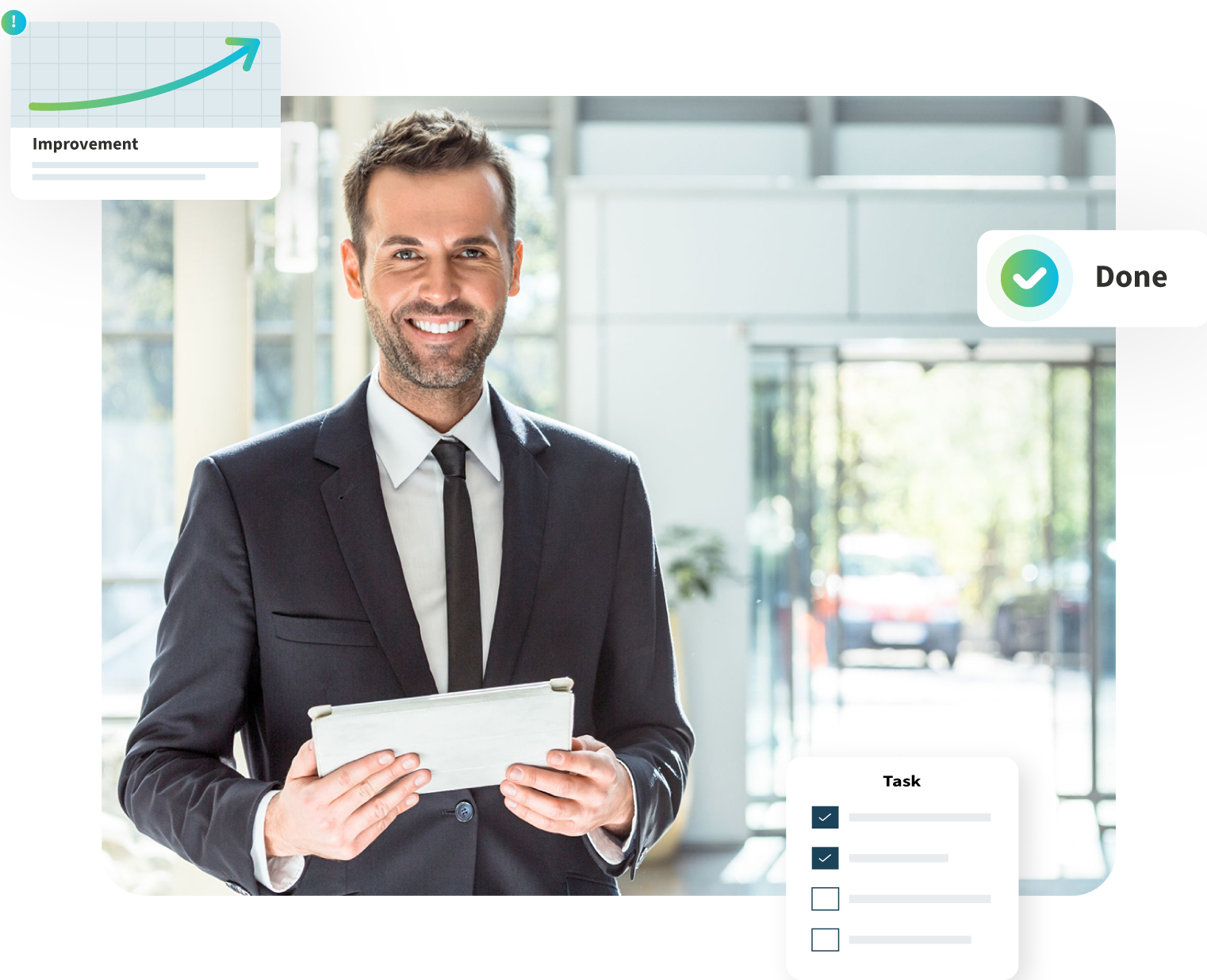Introduction:
The hotel industry has faced unprecedented challenges in recent times, with labor shortages emerging as a significant concern. However, amidst the difficulties, hoteliers have found a silver lining: labor shortages have presented an opportunity to improve hotel margins. By leaning into workforce management platforms, hoteliers are effectively combating increasing labor costs while simultaneously enhancing operational efficiency. Here is how our clients are leveraging Unifocus to optimize their workforce and maximize profitability.
- Streamlining Scheduling and Staffing:
Labor shortages often necessitate careful scheduling and staffing to ensure the seamless functioning of hotels. Workforce management platforms offer advanced scheduling tools that enable hoteliers to optimize staffing levels based on demand, reducing unnecessary labor costs. By accurately forecasting staffing requirements and leveraging real-time data, hotels can ensure that they have the right number of staff members at the right time, leading to increased efficiency and improved margins.
- Automating Time and Attendance Management:
Workforce management platforms facilitate automated time and attendance management, eliminating manual processes and reducing errors. With features such as biometric attendance systems and mobile clock-ins, hotels can accurately track employee hours, breaks, and overtime. This automation ensures compliance with labor regulations, mitigates payroll discrepancies, and optimizes labor costs. By avoiding unnecessary overtime expenses and ensuring accurate pay calculations, hotels can make significant savings and boost their margins.
- Enhancing Employee Productivity:
Workforce management platforms empower hotel staff by providing them with user-friendly mobile applications and self-service portals. Employees can access their schedules, request time-off, and communicate with their managers seamlessly. This improved communication and engagement not only increases employee satisfaction but also enhances productivity. Empowered employees are more motivated, resulting in improved service quality and guest satisfaction. As a result, hotels can attract more guests, drive revenue, and ultimately improve their margins.
- Optimizing Task Assignments and Workflows:
Efficient task management is critical in hotels, and workforce management platforms enable streamlined workflows and task assignments. By assigning tasks based on employee skills and availability, hotels can enhance operational efficiency, reduce inefficiencies, and minimize labor costs. Additionally, real-time task updates and notifications ensure that employees are engaged in the most critical activities, resulting in improved productivity and reduced labor expenses.
- Analytics and Reporting for Informed Decision-Making:
Workforce management platforms provide hoteliers with robust analytics and reporting capabilities. These tools offer valuable insights into labor trends, employee performance, and productivity metrics. By leveraging this data, hotels can identify areas for improvement, optimize labor allocation, and implement cost-saving measures. Data-driven decision-making empowers hoteliers to make informed choices regarding staffing, scheduling, and resource allocation, ultimately boosting margins.
Conclusion:
While labor shortages pose significant challenges to the hotel industry, they have also spurred hoteliers to explore innovative solutions. Workforce management platforms have emerged as invaluable tools for combating increasing labor costs and optimizing operations. By streamlining scheduling, automating time and attendance management, enhancing productivity, optimizing workflows, and leveraging analytics, hotels can navigate labor shortages while improving their margins. Embracing these technologies not only addresses the immediate labor challenges but also sets hotels on a path toward sustained profitability and success. As the industry continues to evolve, leveraging workforce management platforms will remain crucial for hotels to thrive in an increasingly competitive landscape.







